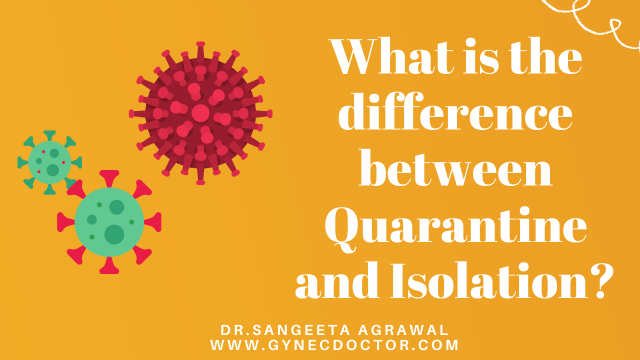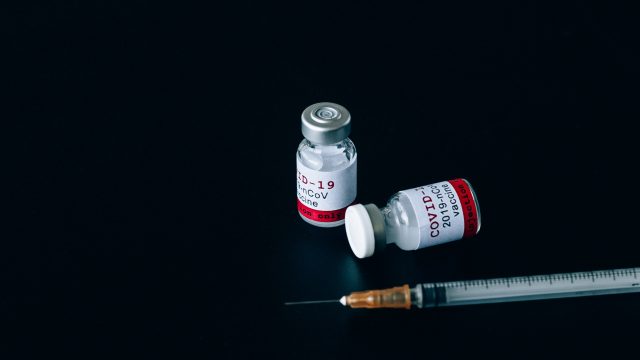We understand Google is your first destination for answers but we all need a professional second opinion.
Are you concerned with any of the questions listed below?
- Is it ok to not have a boyfriend at 21?
- Is it ok to not be sexually active even if your friend is?
- My partner is not willing to use a condom and I am helpless!
- My period is delayed despite taking an emergency contraceptive?
- Should I take birth control pills?
- Am I pregnant and am I even supposed to be pregnant?
- How do I get an abortion?
- What to do with rash, boils, itching discharge or smell in my private area?
- I want to take birth control pills but have many questions before I take them!!
- Why am I gaining weight despite all efforts?
- How to get rid of acne?
- I want to get rid of embarrassing facial hair?
- Are you bloated and depressed before the periods?
In today’s day and age, all are young (at heart) and should always be. World Health Organization (WHO) defines adolescence as the period between 10 and 19 years. The United Nations defines youth as a period of 15-24 years. The term “young people” often is used to describe both groups—those between ages 10 and 24.
In present times, the youth are sexually active (although not always by choice) and, in many rural areas are married. Sexual activity puts the youth at risk of various reproductive health challenges. These health risks are influenced by many factors, such as local cultures, social practices, gender discrimination, poverty, lack of education, lack of health services. Further, there is the role of society, parents, teachers mass media and many more such factors.
Reproductive Health Risks in the young are unwanted pregnancy, unsafe abortion, STDs, sexual violence and indulgence in sex not by choice.
The young indulge in sexual activity impulsively and many a time it is not planned. They may not have a condom or the emergency contraceptive and may not be aware of the need for contraception. Even if they get pregnant they are more likely to not realize that they are pregnant. They may not seek help early as they are scared or shy or simply unaware and are more likely to indulge in unsafe practices for abortion with the help of friends or quacks and are more likely to have complications.
Relationships are not stable in this age group, thereby increasing the risk of sexually transmitted infections including HIV, and their complications such as chronic pelvic pain, ectopic pregnancy, long term health risks, and infertility.
Pregnancy carries a lot more risks for the young. They have more risks of anemia, pregnancy-induced hypertension, addiction, malnutrition, obstructed labor, and growth-restricted babies.
Most young people do not access and accept contraception services due to lack of access, information, confidentiality, and the myths associated with them.
The need for improved reproductive health services for the young is being increasingly recognized throughout the world. The young need information and access to confidential reproductive health services. The parents and teachers may be the first source for information but unfortunately, the youth may be too shy or scared to discuss these issues with them. The youth need health services by experts who can deal with these sensitive issues.
Dr. Sangeeta Agrawal provides comprehensive services in a youth-friendly warm welcoming confidential environment. She is unbiased, non-judgemental, and has good counseling skills are scientifically correct, and tailor-made to suit your requirements.
Seek an appointment with Dr. Sangeeta Agrawal.


















